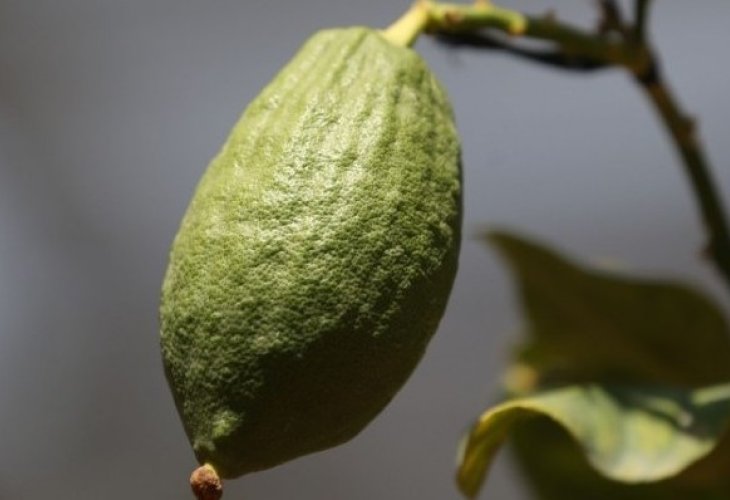Guide to Shemitah: Watering and Fertilization
A concise guide for watering and fertilizing fields and gardens during the Shemitah year 5775

Any watering intended to improve the soil or trees is forbidden, however watering that prevents damage or harm, or saves the life of a tree is permitted, therefore:
It is forbidden to water a field or garden during the rainy season, as there is no concern for damage if they are not watered.
It is permitted to water a field or garden that cannot sustain itself with rainwater alone and there is concern that without watering, damage will occur to the field (such as in summer or during winter if rain is not falling).
It is permitted to water fruit trees during summer months if there is concern that damage will occur to the tree or fruits.
What is permitted to water during the Shemitah year applies specifically to fruits, vegetables, flowers, herbs and the like that are permitted during Shemitah, and not to those that have concerns of "sefichim" (the concept of "sefichim" will be explained later), and for any question one can consult with a Torah scholar.
It is permitted to water grass if there is concern it will dry out or be damaged. However, there is disagreement whether it is permitted to water as usual or only once a week or once every two weeks. In practice, as long as the watering is to prevent drying out, it is permitted to water as usual.
If a person washes their house floor during the Shemitah year and the water flows through a balcony pipe to the garden, this is permitted, even when the water reaches the garden through their active pushing.
It is permitted to install an air conditioner during Shemitah even if the water pipe drains into the garden, and even if it is convenient for the person that the water flowing from the air conditioner waters their garden.
It is permitted to wash a car near a garden even if the water flows into one's garden, since the intention is not to water the garden but to wash the car.
Fertilization
It is forbidden to fertilize a field or garden during Shemitah if the fertilization is for improvement or preparing the soil for planting, therefore a person who wants to fertilize their field should do so before Rosh Hashanah of the Shemitah year.
This prohibition applies whether one fertilizes during Shemitah for the Shemitah year or for the following year.
It is also forbidden to fertilize through watering (meaning adding chemical substances to the water).
It is permitted to fertilize soil if there is concern for damage or danger to the tree if it is not fertilized, however one should fertilize minimally and only as much as necessary. Since this requires significant judgment to determine exactly what constitutes necessary fertilization and no more, one should consult with Torah scholars for any questions.
In cases where fertilization is permitted (such as when there is concern for damage), it is preferable to do so through watering, to minimize agricultural activities.
If a person violated the prohibition and fertilized, they are penalized and may not plant in this field unless they remove the fertilizer, so they do not benefit from the prohibited work.

